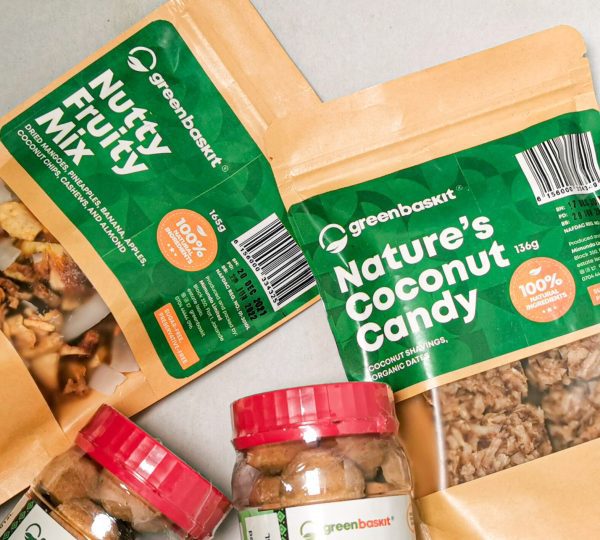Food and Beverage Trends in Africa: 5 Big Changes to Expect

The food and beverage industry in Africa is growing rapidly, driven by a growing population, expanding economies, and evolving consumer preferences. With a market valued at over $240 billion in 2021 and projected to reach $377 billion by 2030, it’s clear that Africa’s culinary landscape is undergoing a significant transformation. This surge is fueled by an expanding middle class, whose rising disposable income is fueling demand for innovative, convenient, and health-conscious food and beverage options.
Africa boasts a rapidly expanding middle class, expected to reach 313 million people by 2030. This demographic shift holds immense potential for the food and beverage industry, with consumers increasingly seeking higher-quality, diverse, and branded products.
2024’s Top Food and Drink Trends in Africa
Here are five trends shaping what we eat and drink in Africa:
- More Africans are choosing healthier foods and drinks like fortified foods, functional beverages, and organic products. Think about things like Moringa tea, probiotic yogurt, and gluten-free snacks. Also, about 84% of consumers surveyed in Kenya, Nigeria, and Ghana are actively looking for minimally processed snacks with added nutrients. Brands like Nigeria’s Green Baskit are pioneering this shift, offering snack bars and bites made with whole grains, natural ingredients, and essential vitamins. By prioritizing transparency and communicating nutritional value through informative labeling, brands can build trust with health-conscious consumers.
- Busy lives mean people want convenient foods like frozen meals, single-serve drinks, and meal kits. The market for easy meals is expected to grow 8.5% each year from 2023 to 2028. Brands can capitalize on this by launching personalized meal kit subscriptions tailored to individual dietary needs and allergies. Offering customized portion sizes and ingredient options ensures meals perfectly match. Convenience and hassle-free solutions build brand loyalty and encourage regular consumption. Subscription services create excitement for personalized meal kits and curated snack boxes, fostering long-term relationships with customers. Nigerian startups Sísè Foodbox and Edenlife, a weekly subscription service delivering pre-portioned ingredients and recipes, demonstrate this trend.
- People love local and authentic flavors. Ingredients like baobab, sorghum, and fonio are becoming popular. Enjoy craft beers with African spices, snacks with cassava flour, and fruit juices with local fruits. A 2022 report revealed that 67% of Ghanaian consumers actively seek out products featuring local ingredients. To cater to this demand, brands must prioritize authenticity in their offerings. Nigerian spice maker Iya Foods exemplifies this approach, sourcing ingredients directly from local farmers and incorporating traditional recipes into their spice blends. Collaborating with local chefs and influencers who embody the cultural essence of the brand can further amplify its authenticity and appeal to consumers seeking a taste of home. This trend goes beyond taste preferences; it is about creating sensory experiences that evoke nostalgia and a sense of belonging.
- Buying food and drinks online is getting more popular. This trend is going up because more people have smartphones and better internet access.
- Africans are more concerned about how their food choices affect the environment. They want products that are sourced sustainably, made ethically, and create less waste. South Africa’s Gourmet Greens, offering ready-to-eat plant-based meals with fresh, local ingredients, exemplifies this approach. By emphasizing health and sustainability, brands like Gourmet Greens tap into this growing African market. Brands can capitalize on this by diversifying their plant-based product portfolios and collaborating with suppliers and food technologists to create innovative offerings. Highlighting the health, environmental, and ethical benefits of these products is crucial for resonating with conscious consumers who are increasingly seeking alternatives to traditional animal-based products.
Businesses that understand these trends and adapt accordingly will be positioned to take advantage of the evolving consumer preferences across the continent.
For a closer look at the African food and beverage market with all the facts, expert insights, and trends shaping the market in 2024, download the full report.
Click here : https://bit.ly/4bs0eJ5
Ready to invent the future?
Our teams possess extensive in-market experience that drives measurable growth for brands. Please reach out to us to learn more.
